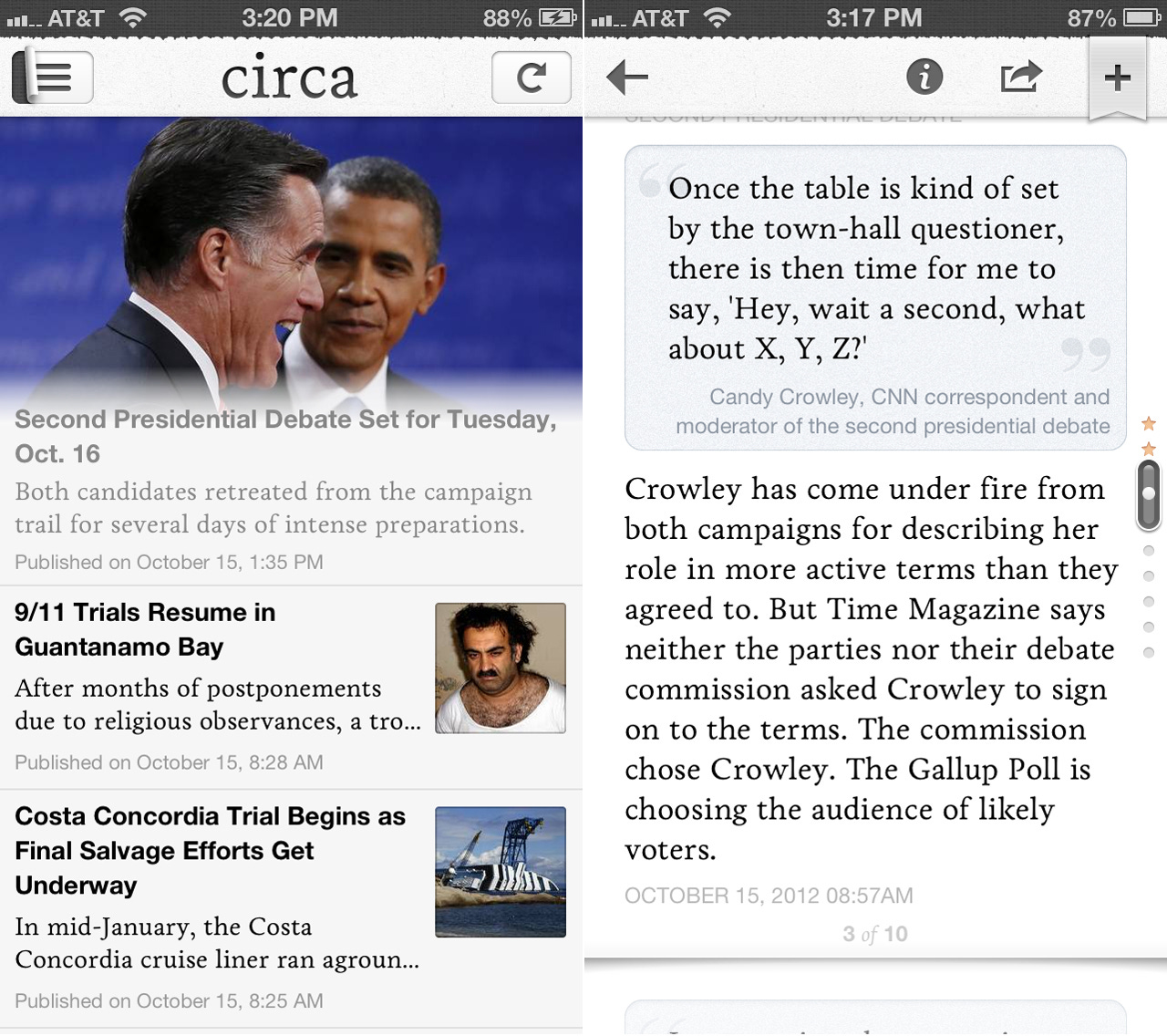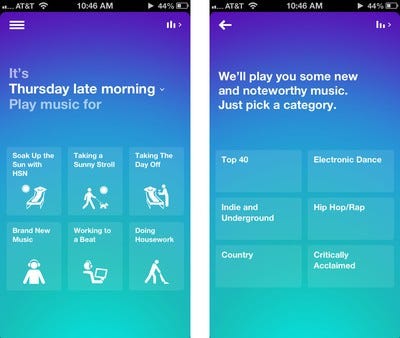Lessons Learned from Shutdown Startups - Part 1
Gone but not forgotten
There is a newfound appetite for consumer internet products and services. People are exploring what the "new normal" means to them and what products can help them get there. From 2016-2019, it felt like we were at peak app, but today we are downloading apps again.
As we enter this new boom, I think back to all the great products that have been shut down. Gone but not forgotten, there are insights we can gather from these fallen consumer communities to better inform what might resonate with new products.
What was once daring technologies, today is taken for granted or lost.
Let's dig in:
Sunrise

What it was: A beautiful mobile calendar app
Years active: 2012-2016 (acquired by Microsoft)
Why people loved it: There is Hipchat, and there is Slack. You first chose Slack because it was shinier and cooler. Sunrise tapped into that same vibe
Key community: NYC tech community and design-forward professionals
Key takeaway: Design pays in spades. Calendar apps were "just fine" back then. When a product is "just fine”, not anything special but "just fine", there exists an opportunity. Think of all the "just fine" products you use and mark those down as potential opportunities
Questions:
What are other "boring" applications that have daily or weekly use-case, that can use a serious fresh coat of paint? What are the ugliest products you know of? Remember, the uglier the better 😁
How can you look at popular apps and disseminate the content in a new, creative way (SMS, email etc)? i.e: Sunrise started off as a beautiful newsletter that sent you your emails in the AM
Would people be willing to pay monthly (ie: Superhuman) for these apps?
Polyvore

What it was: Moodboards using clothing, beauty, and home products
Years active: 2006-2018 (acquired and shutdown by SSENSE)
Why people loved it: The easiest way to create a moodboard that could be simply shared via Polyvore or Instagram
Key community: 12-18 year old females
Key takeaway: People buy infrequently, but dream often. If buying is the tip of the iceberg, the iceberg is the imagination. Many communities resonate with experiences that allow them to capture their imaginations and express themselves
Questions:
What are other ideas of products that capture imagination?
Is there an unbundling of Pinterest opportunity? ie: Polyvore was a vertical network based off similar to Pinterest
With moodboards easily shoppable, what does the future of content and commerce look like?
What are other tools to create that are designed for Instagram sharing?
What do people use in-lieu of Polyvore?
Rdio

What it was: A more cool-looking Spotify focused on music discovery
Years active: 2010-2015 (acquired and shutdown by Pandora)
Why people loved it: It was like walking into an infinitely big music store. Instead of recommendations from store clerks, Rdio gave recommendations from people you know. Those are the best recommendations anyways. This made music discovery on Rdio feel like magic
Key community: 30-something music heads
Key takeaway: Never underestimate the power of a really solid recommendation. Recommendations builds trust and trust build word-of-mouth. Many times there exists just as much joy from discovery than purchasing or experiencing products
Questions:
What are other recommendation verticals out there?
Is Yelp ripe for disruption?
How do you recreate more physical experiences like an old school music store and bring it online (ie: clubs, bars etc)?
iGoogle

What it was: A personalized web start page (email, news, calendar, weather, articles that matter to you)
Years active: 2005-2015
Why people loved it: Saved time and allowed you to have a customizable home page
Key community: Google community (20% of all visits to Google's homepage used iGoogle)
Key takeaway: Having a sense of a home creates tremendous retention
Questions:
What are other opportunities to create home-type zones in other verticals?
What are the other productivity opportunities left? How does customization play a role in them?
Is there still an opportunity to create the most delightful and productive homepage?
Path

What it was: A private social network for you and up to 150 of your closest friends
Years active: 2010-2015
Why people loved it: It made the world feel smaller. It was the anti-Facebook. It established fascinating ways of interacting socially (ie: they invented reactions, the timeline, ambient social sharing). Bonus points for a remarkable design
Key community: Tech SF initially and eventually anyone overwhelmed by Facebook
Key takeaway: Sometimes smaller is better. In a world of noise, offering a focused alternative can be a winning differentiation. A more focused social network allowed users to be more open and more trusting with their closest contacts. New behaviors and deeper friendships followed
Questions:
Is there room for more private, more intimate, and smaller social networks today?
What does a more trusting social network look like in 2020?
What are other anti-xyz opportunities? Anti-Instagram, Anti-Amazon (see my tweet here)
Meebo

What it was: An integrated platform to manage instant messages from AIM to Facebook to Windows Messenger.
Years active: 2005-2012
Why people loved it: Consolidation. Rather than having to open various messenger platforms, Meebo allowed you to easily keep track of all incoming messages in one platform.
Key community: Students, sometimes aiming to get around school network blocks on instant messaging
Key takeaway: Users love ease, the ability to manage all incoming instant messages provided a delightfully helpful experience
Questions:
Where can we benefit from some consolidation today?
Circa

What it was: A sleek and simply designed news app to provide just the news, without opinion, fluff, or commentary
Years active: 2012-2015
Why people loved it: Even pre-2020 there was a lot of news, Circa provided a snackable amount of headlines to help you stay informed without eating up all of your time
Key community: Avid news followers
Key takeaway: Brevity is beautiful. There's a lot of noise out there, sometimes the best thing to do is provide exactly the amount of information required, and nothing more
Questions:
Where do we see the a high ratio of noise to value today?
Are Instagram/Snapchat Stories good enough for news or do we need a format dedicated to news like Circa
Outside of news, where are other verticals that might benefit from a vertical-specific bite size format?
Songza

What it was: Music streaming featuring expertly curated content
Years active: 2007-2016 (acquired by Google)
Why people loved it: Handcrafted (often by experts), mood-based discovery. Up until that point, the idea of mood-based discovery didn't exist. It crafted a new category in music discovery.
Key community: Casual music streamers
Key takeaway: In the age of algorithms, Songza stood out through the use of human touch.
Questions:
Which platforms today would benefit from a bit of human touch?
Is there an opportunity to amplify the reach of genuine experts amidst the cacophony of armchair experts?
Songza was a perfect app recommendation for your mom. What are other products designed with your mom in-mind?
One way to look at shutdown startups is, there is a reason these products no longer exist, so why bother?
Another way to look at it is, catching lighting in bottle is so rare in successful communities, it's worthwhile to dissect what went right and what went wrong. Understanding that magic helps us truly understand people's motivations and allows us to build better products in the future.
I hope you enjoyed part 1 of Lessons Learned from Shutdown Startups. Part two is coming soon. Feel free to @me/DM on Twitter with other shutdown startups you’d like me to cover here
If you got any value from this please subscribe or share. I appreciate you.

Best,
Greg Isenberg


This was a great read, Greg! Meebo and iGoogle make me wonder whether we're missing a desktop/mobile native "Geckoboard" for individuals (rather than enterprises) - track everything in one place; it seems everyone from Slack to HEY is trying to become the "center of your universe" but there's surely a layer below that - something native to your device or home-screen?
I was quite sad when Songza was acquired.